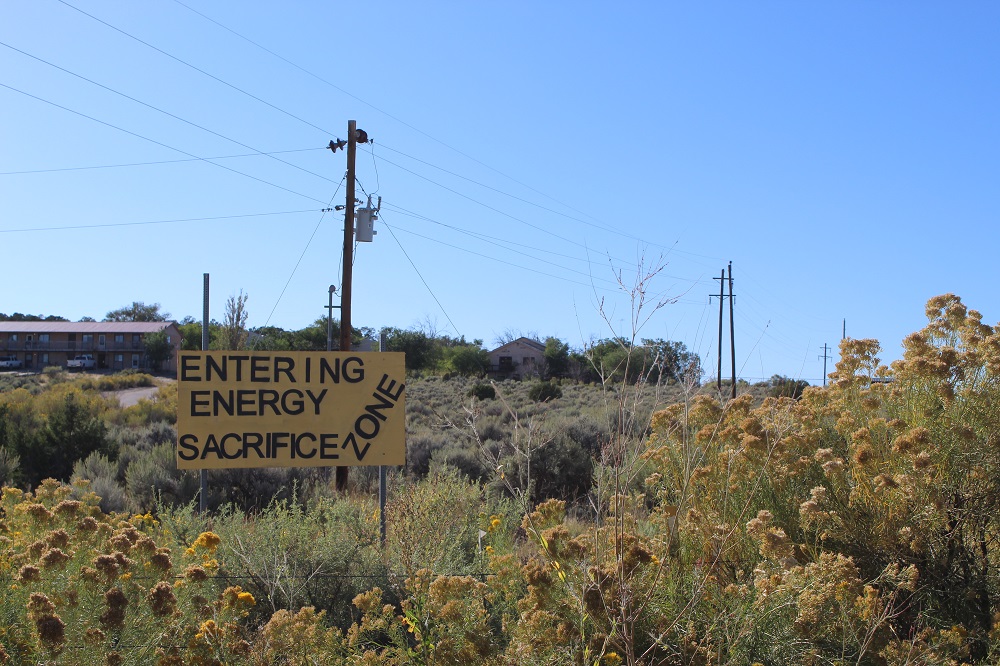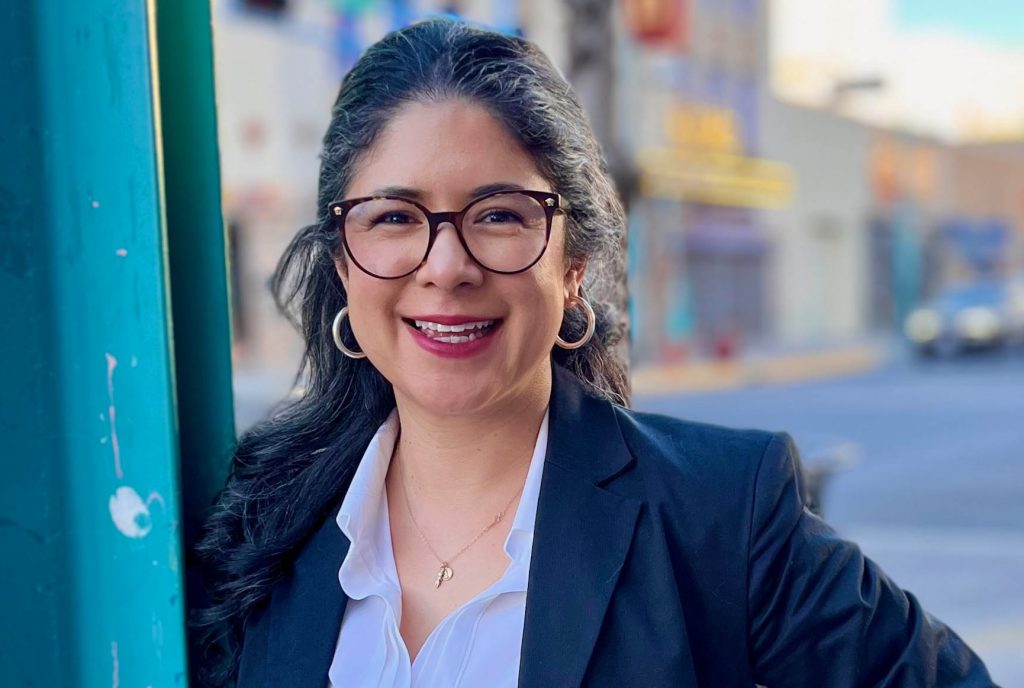The U.S. Bureau of Land Management (BLM) decided to move forward with a public engagement process for plans to expand drilling in the Greater Chaco region, even as the communities in northwestern New Mexico, who are currently struggling with a surge in COVID-19 cases, have repeatedly requested an extension to the process.
The U.S. Bureau of Indian Affairs (BIA) and the BLM released a draft amendment to the Farmington field office resource management plan (RMP) and environmental impact statement in late February, kicking off a public comment period that ends on May 28. The 400-plus page draft amendment outlines a preferred alternative that would increase oil and gas activity in the Greater Chaco region.
As the COVID-19 outbreak has spread across the state, local community groups in the Greater Chaco region requested the BLM extend the public comment period during the public health emergency. That call was echoed by the state government, the congressional delegation, and tribal leaders. All told, three separate letters were sent to the Department of Interior requesting the comment be extended. As of Friday, none have received a response, according to officials.
RELATED: Guv orders Gallup lockdown to slow COVID-19 spread
Meanwhile, populations in the northwest corner of the state, including communities on the Navajo Nation and other tribal lands, have been pummeled by COVID-19. The Navajo Nation, which stretches across three states including New Mexico, now has the third-highest infection rate of the disease in the country, behind New York and New Jersey, according to the White House’s national coronavirus task force.
As of April 30, there were a total of 2,141 cases of COVID-19 on the Navajo Nation. In New Mexico, cases in San Juan, McKinley and Sandoval counties account for 60 percent of the state’s total cases.
‘Shocked and dismayed’ at BLM’s decision
Earlier this week, BLM’s deputy director for policy and programs, William Perry Pendley, announced the department would hold virtual public meetings in lieu of in-person meetings, where participants would be able to ask questions about the draft documents and submit comments.
The announcement was met with swift criticism from tribal governments, state and federal leaders.
“The All Pueblo Council of Governors is shocked and dismayed by the recent announcement by the BLM and BIA,” said Santa Clara Pueblo Gov. J. Michael Chavarria, who is also Chairman of the All Pueblo Council of Governors, during a press call Friday. “The decision was made despite numerous requests to pause this process by congressional members, pueblos, tribal nations, state agencies, conservation organizations, impacted communities and members of the public.”
Pueblos and tribes have an incredibly significant stake in the draft plans and future oil and gas activity in the region, Chavarria said, adding that the COVID-19 pandemic has rendered any participation by tribes in the BLM process secondary to responding to the public health emergency.
“The Greater Chaco region is an irreplaceable landscape, sacred to the Pueblos and other tribes,” he said. “Some of our Pueblos have been hit hard by the virus, and we cannot participate in meaningful consultation. Many Pueblos have closed non-essential tribal government operations, and have redirected our time and resources to providing critical emergency community services.”
“More than ever, we urge the Department to issue that 120 day extension now,” Chavarria added. “Preparing comments would take significant time to pour over the detailed documents and generate meaningful feedback. We are in no position to shift our attention to the RMPA during this unprecedented time of a public health crisis.”
BLM is ‘out of touch’
Pendley claimed that the virtual meetings, scheduled to take place throughout May ahead of the May 28 deadline for public comments, would actually increase public participation in the process and meet the federal requirements for involving the public in its decision-making process.
“Hosting these virtual meetings will reduce our carbon footprint, decrease the cost to the federal government and to private citizens who must travel to far away locations, and increase by orders of magnitude those able to participate in the meeting itself,” Pendley said in a statement.
U.S. Sen. Tom Udall balked at the idea that the virtual meeting would allow more people to participate.
“Talk about out of touch,” Udall said. “BLM ignores the fact that tribes and pueblos and other communities in northwest New Mexico have some of the lowest rates of broadband access in our state. Hopping onto a virtual meeting just isn’t an option for many that are most affected by this planning process. Even those with adequate broadband can’t be expected to focus on this federal government process in a time of crisis.”
“This RMPA has been eleven years in the making — eleven years,” Udall said. “We can extend the comment period for four months. Doing so will give tribes, pueblos and communities that are impacted a genuine opportunity to participate.”
Inadequate tribal consultation
Navajo Nation Council Delegate Daniel Tso criticized the draft RMP amendment, calling the document “heavily slanted towards the oil and gas development.”
“I call it the tsunami of fracking,” he said, pointing out that 93 percent of the public lands in the region are already leased. “We’re talking about the last seven percent.”
RELATED: For Greater Chaco communities, air pollution compounds COVID-19 threat
Tso also criticized the idea that a virtual meeting would meet the requirements of public engagement and tribal consultation.
“We feel there is inadequate tribal consultation,” Tso said. “Certainly, a letter, or a press release from the Department of Interior, does not meet those aspects of tribal consultation. Tribal consultation in our view is a face-to-face meeting where there is back and forth discussion. It is not a one-way virtual reality presentation.”
Tso said the Nation is not in a position to respond to the draft documents while also grappling with the COVID-19 pandemic. The Navajo Nation Council was considering legislation earlier this week that would officially call for the Department of Interior to extend the public comment period. But the Navajo Nation Council Speaker Seth Damon was forced to cancel a special session slated to begin May 1 over concerns that some employees might have contracted COVID-19.
Tso said that means the Navajo Nation can’t collaborate with the Department of Interior in a meaningful way.
“The Navajo Nation Council is closed down until further notice. That basically prevents the Nation from adequately interacting with the Department of Interior on this Resource Management Plan amendment,” he said.
“Nature has no boundaries. Air has no boundaries. We are all connected, in this aspect,” Tso said. “We ask everybody to help get this comment period delayed.”


















